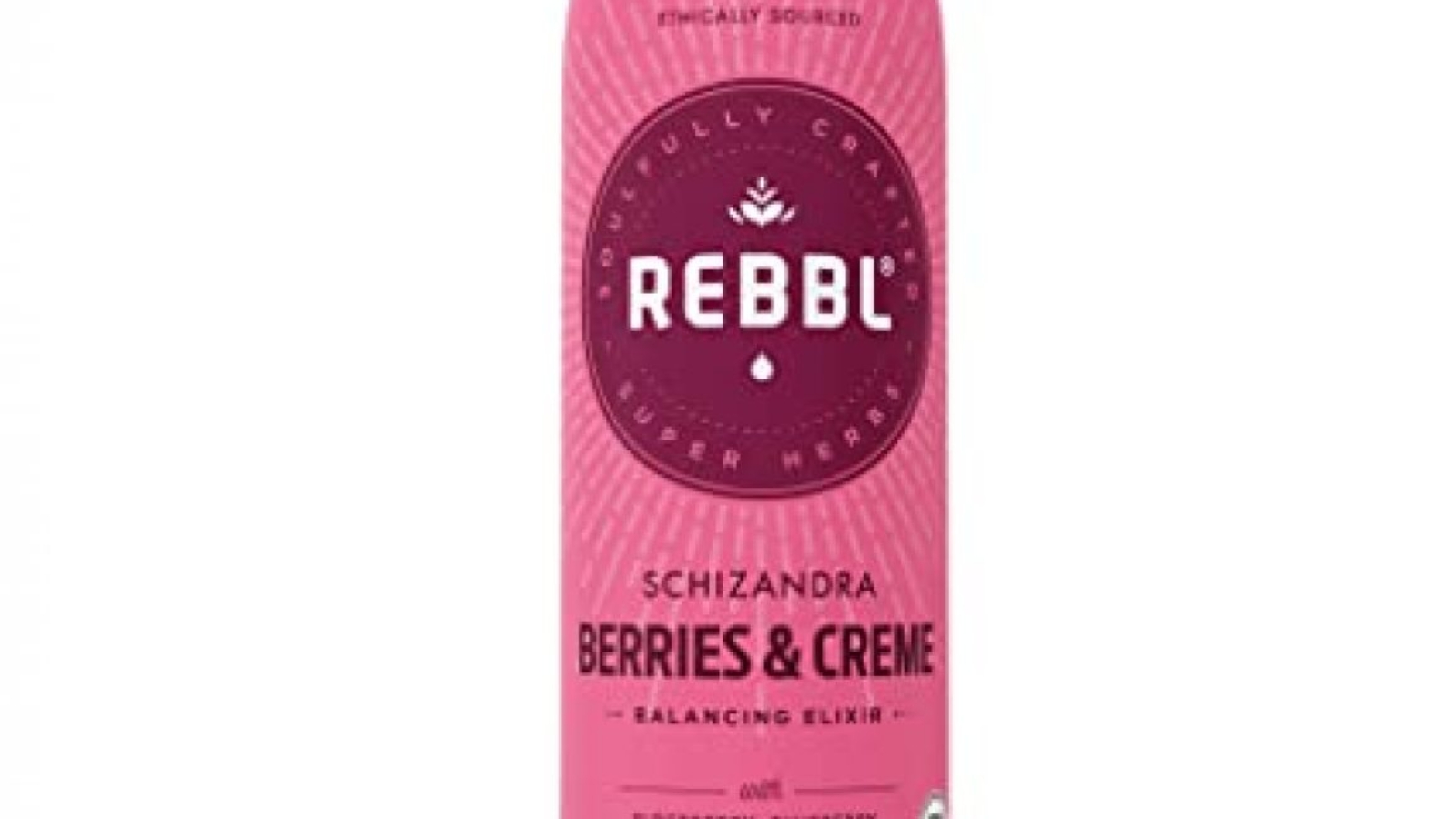REBBL, an organic beverage company that creates plant-based elixirs, makes strides in reducing its environmental footprint by incorporating recycled plastic into its bottles. A core part of REBBL’s mission is to create positive social and environmental impact by leveraging business as a tool for good. Through ethical, impact sourcing of ingredients, REBBL strives for dignified supply chains, promotes regenerative stewardship of the earth and its resources, and empowers communities around the world, thereby reducing the risk of human trafficking. REBBL also contributes 2.5% of net sales to the nonprofit Not for Sale, an organization that supports survivors of exploitation.
PROPOSED PACKAGING CHANGES
Environmental impact is also a major priority for REBBL. To improve the footprint of their packaging, REBBL sought to incorporate more recycled content into their polyethylene terephthalate (PET) bottle. This allows them to use the same bottle supplier with no new machines or converting processes, thus reducing supply chain impact.
“In order to move the needle in carbon drawdown, companies must take responsibility in every aspect of their business: from how ingredients are grown and the impact on communities from which they are sourced to the transportation and packaging they choose,” said REBBL SVP of Supply Chain, Librado Guerrero. “That’s why it’s important for REBBL to switch to utilizing 50% post-consumer recycled (PCR) material.” REBBL is a leading member of the Climate Collaborative, which represents a cohort of natural products industry companies working to reverse climate change through climate action commitments in nine key areas, including packaging. The Climate Collaborative has partnered with Trayak to aid companies in developing sustainable packaging choices. The project requires a life cycle assessment that compares the impacts of a bottle that contains either 0% or 50% post-consumer recycled (PCR) content.
PERFORMING THE LIFE CYCLE ASSESSMENT
Trayak specializes in helping companies to quickly benchmark their existing packaging to improve the sustainability of their packaging. Their Life Cycle Assessment tool, EcoImpact-COMPASS (Comparative Packaging Assessment), allows companies to model their packaging systems, determine environmental impacts, and report reductions. This can also be used to simulate the benefits derived from varying levels of PCR content.
For the conversion process, Climate Collaborative, REBBL, and Trayak worked together to collect the packaging system information (materials, masses, conversion processes, etc.) and perform the life cycle assessment with EcoImpact-COMPASS.
INCORPORATING RECYCLED CONTENT INTO PET BOTTLES
The environmental benefits of incorporating recycled content into the PET bottles were significant. Reductions were observed across all the indicators especially in fossil fuel consumption and greenhouse gas emissions.
GREENHOUSE GAS EMISSIONS REDUCTION:
The 16.5% greenhouse gas (GHG) reduction attained from incorporating 50% PCR PET occurs because the new bottle avoids the use of fossil fuel-based virgin materials to make the bottle’s plastic, while also diverting waste from the landfill. Waste that is sent to a landfill generally has additional emissions as it decomposes.
Switching 20 million REBBL bottles annually to 50% PCR PET reduces GHG emissions by 516 tons of CO2 eq—same amount of carbon sequestered by 551 acres of US forests in one year!
FOSSIL FUEL CONSUMPTION REDUCTION:
Utilizing recycled PET for the bottle reduces the fossil fuel consumption by a quarter (25% reduction) because the energy, transportation, and overall material impact is reduced.
Annually, switching bottles of REBBL to 50% recycled PET results in reducing fossil fuel consumption by 13.6 million MJ deprived which could power 363 average US homes for an entire year!
WATER CONSUMPTION REDUCTION:
Water use will be reduced by 28% because the manufacture of virgin plastics uses much more water than using recycled PET. Although recycled PET needs to be rinsed before being reincorporated into new bottles, the water use is much less than virgin plastic.
Annually, utilizing 50% recycled content in the bottles reduces water use by 73 million gallons – water required to fill 3,646 average backyard swimming pools.
BIG PICTURE:
REBBL will continue to prioritize environmental impact reductions, and this conversion to 50% PCR PET bottles is an important step in their journey. Utilizing the new 50% PCR bottle will allow REBBL to achieve significant environmental impact reduction without disrupting their supply chain. If you are interested in this type of engagement, please reach out to Trayak or the Climate Collaborative.
Acres of U.S. forests in 1 year GHG Reductions eq. to Could power average US homes for an entire year with the fossil fuel saved! Avg. backyard swimming pools could be filled with the water saved

